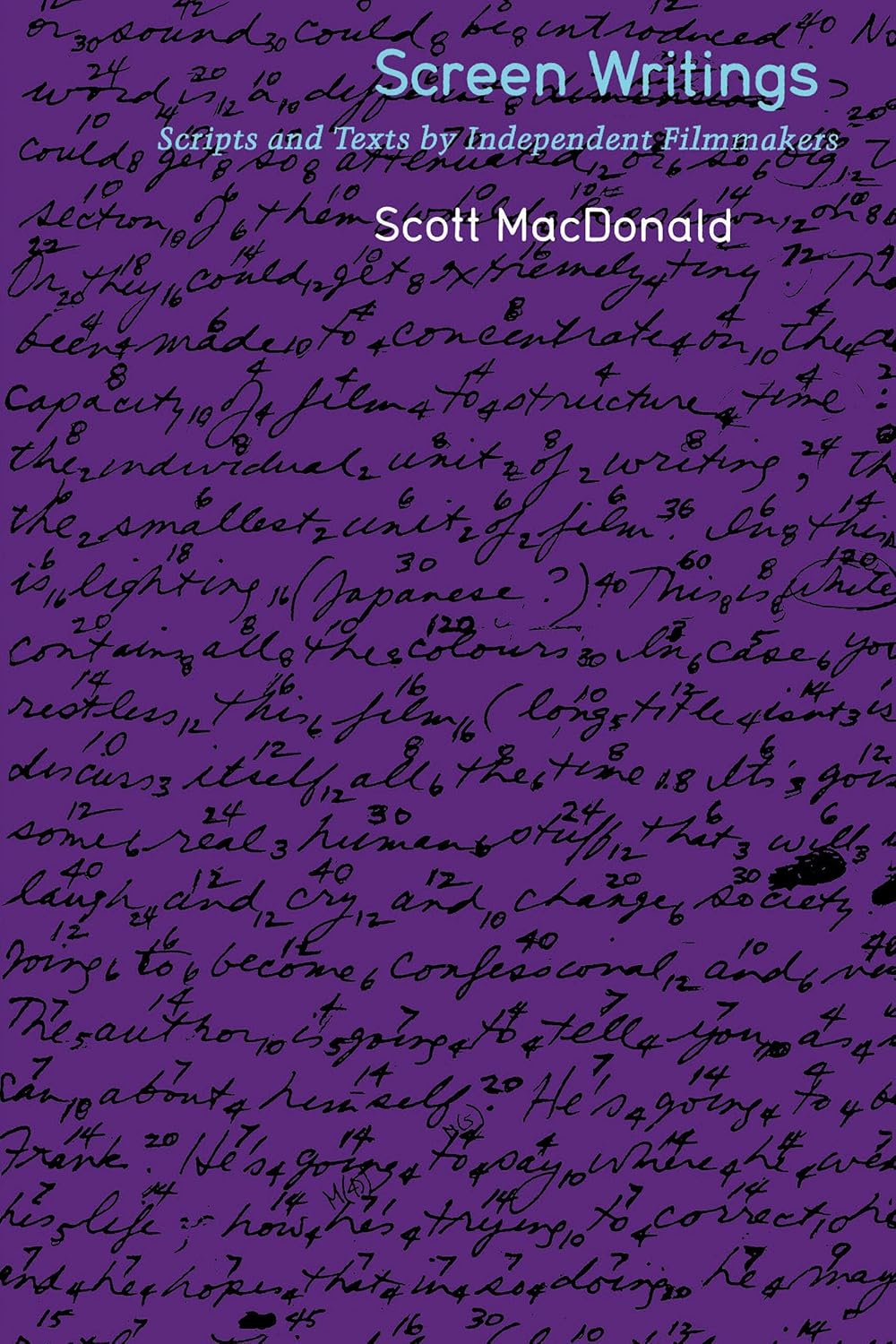
Scores for daily living
This idiosyncratic publication assembled by Berlin-based dancer and visual artist Emma Waltraud Howes and her collaborators operates from the viewpoint that embodied history offers important information for survival. Through live performances and material works, Howes explores how notation and scores can be used to navigate the everyday and act as a basis for practical exercises that help to maintain a tether amidst the chaos. The paginated choreography Scores for Daily Living is the second K. publication by Howes, following Ankyloglossia (2014); by relaying variations on rhythm and gait, gravity and grace, this new volume shares with readers a series of poetic engagements focusing on different states of self-empowerment and the connections between labor, ritual, and civilization.
Emma Waltraud Howes works as a translator between movement and form. Her focus is on the development of an expanded choreographic practice that incorporates public interventions, kinaesthetic and architectural research, and graphic scores for performances. Her interdisciplinary works are informed by her background in dance, performance theory, and the visual arts and are guided by observations of bodily gestures.
Emma Waltraud Howes, Scores for Daily Living. With texts by Federica Bueti, Emma Wolf-Haugh, Anna Karpenko, and Maria Veie Sandvik. With editing by Mark Soo and photography by Trevor Good. German translation by Isabel Bredenbröker and Verena Buttmann. Concept & design by Emma Waltraud Howes and Franziska Morlok.
Language: English





![Cover of Dante's Joynte: Lingua 1. [Poems and Other Theaters]](https://rile.space/storage/744/dante.jpg)

.jpg)